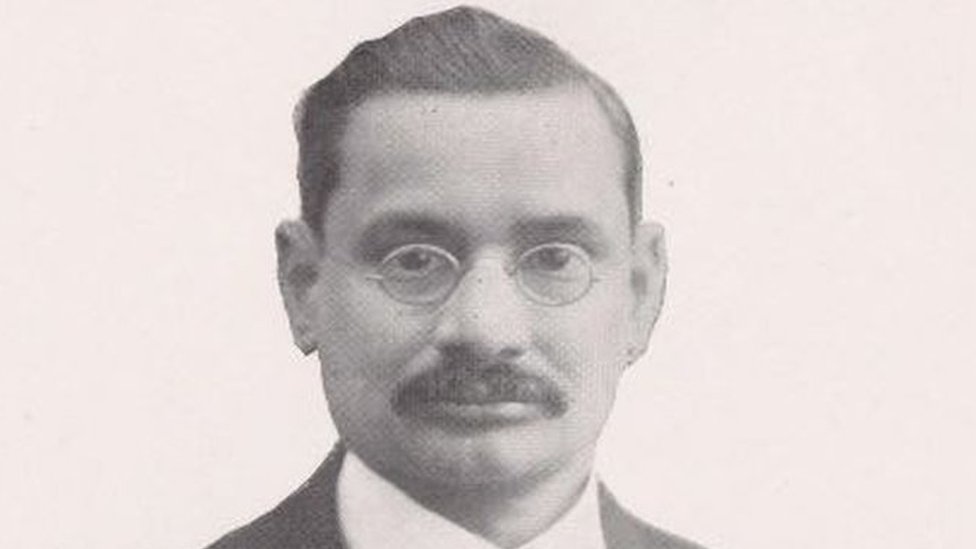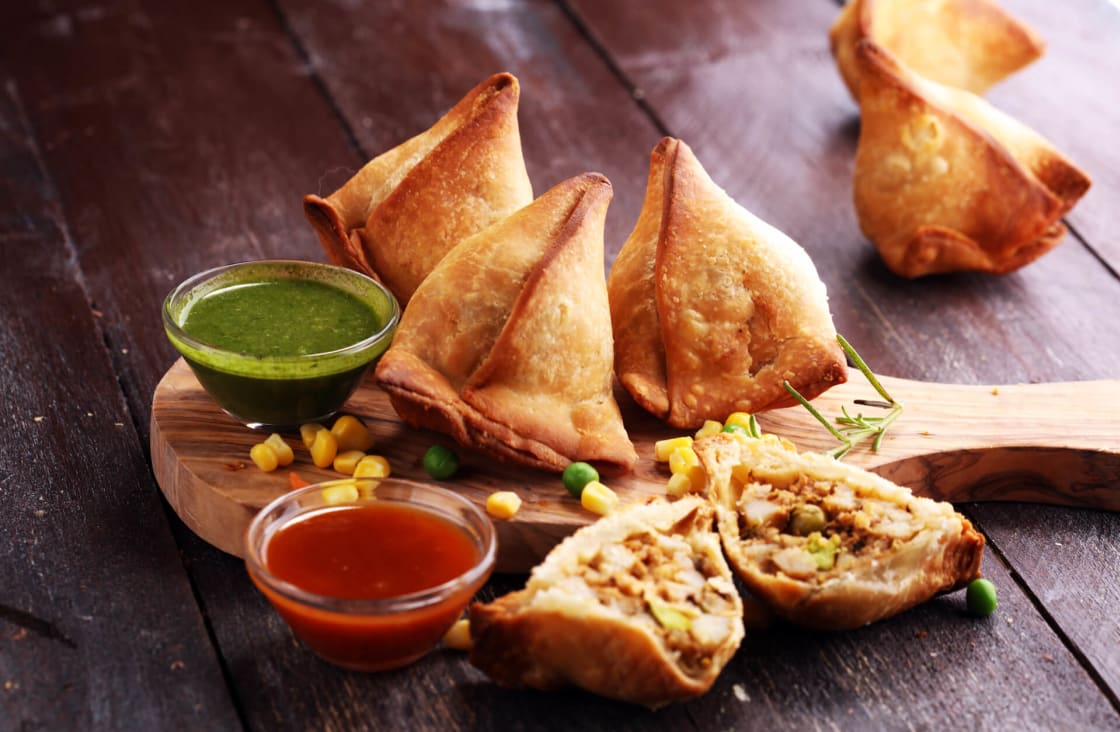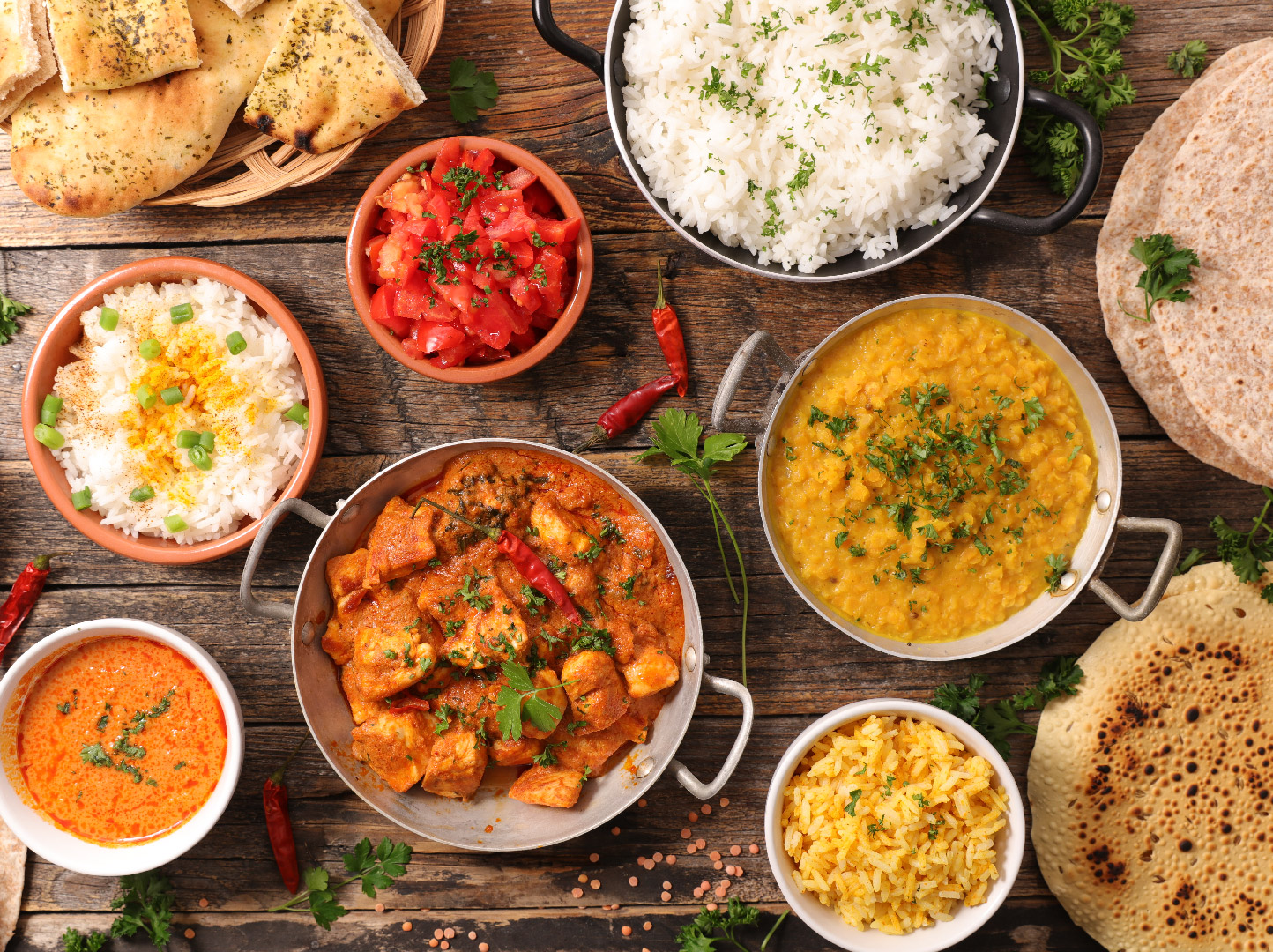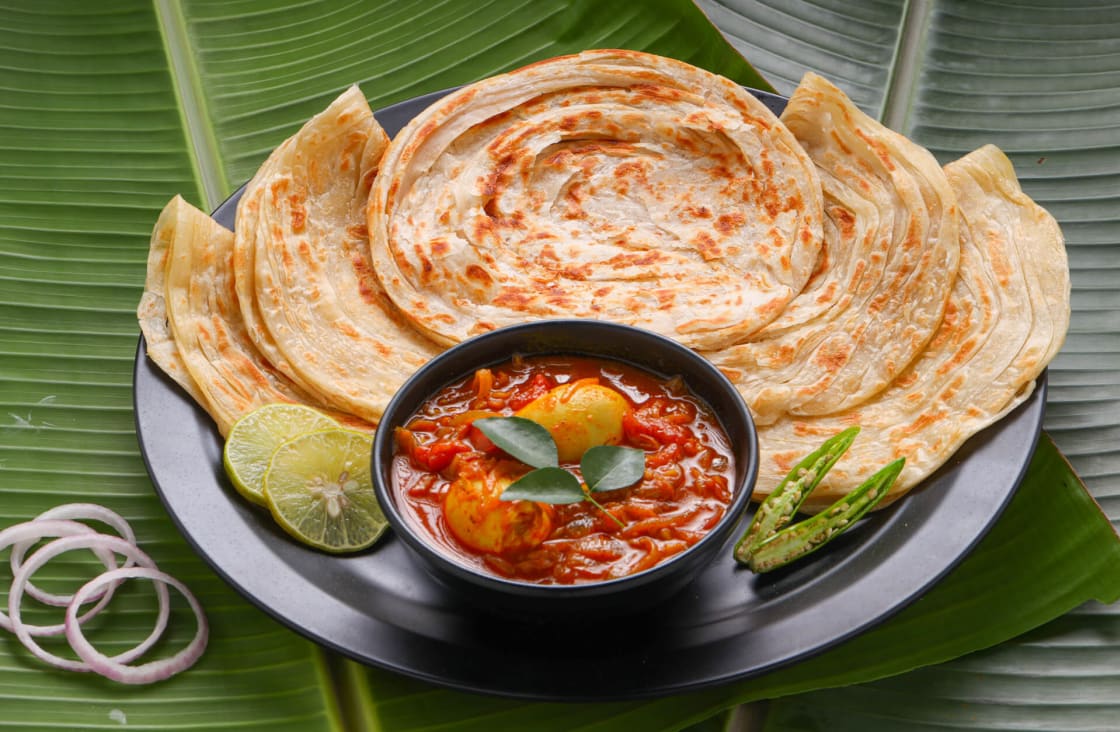Who formed India?

India is a country located in South Asia and has a rich and diverse history that dates back thousands of years. Over the centuries, India has been influenced by various civilizations and cultures, leading to the country's unique identity. One of the most common questions asked about India is, "Who formed India?" In this article, we will explore the history of India and the various events that led to its formation as a modern nation.
The formation of India as a country can be traced back to ancient times when various kingdoms and empires ruled over different regions of the subcontinent. Some of the most significant rulers in Indian history include the Maurya, Gupta, and Mughal empires, which contributed to shaping the culture and identity of the Indian people.
One of the most pivotal events in Indian history was the arrival of the British East India Company in the 17th century. The British gradually expanded their influence in India, eventually becoming the dominant colonial power in the region. In 1858, India came under direct British control, and the country was ruled by the British Raj for nearly a century.
In 1947, India gained independence from British rule after a long and arduous struggle for freedom. The Indian National Congress, led by figures such as Mahatma Gandhi and Jawaharlal Nehru, played a crucial role in the fight for independence. On August 15, 1947, India officially became a sovereign nation, marking the end of British colonial rule.
Following independence, India adopted a democratic parliamentary system of government, with a constitution that enshrined the principles of equality, freedom, and justice for all citizens. The country has since made significant progress in various fields, including technology, healthcare, and education, cementing its position as a global powerhouse.
Today, India is a vibrant and diverse nation with a population of over 1.3 billion people. The country is known for its rich cultural heritage, with a wide variety of languages, religions, and traditions coexisting peacefully. India's economy is one of the fastest-growing in the world, attracting foreign investment and providing opportunities for its citizens.
In conclusion, the formation of India as a country is a complex and multifaceted process that spans thousands of years of history. From ancient kingdoms to colonial rule to independence and beyond, India has undergone a remarkable journey to become the nation it is today. The diverse and dynamic nature of Indian society is a testament to the resilience and strength of its people, who continue to shape the country's future.



